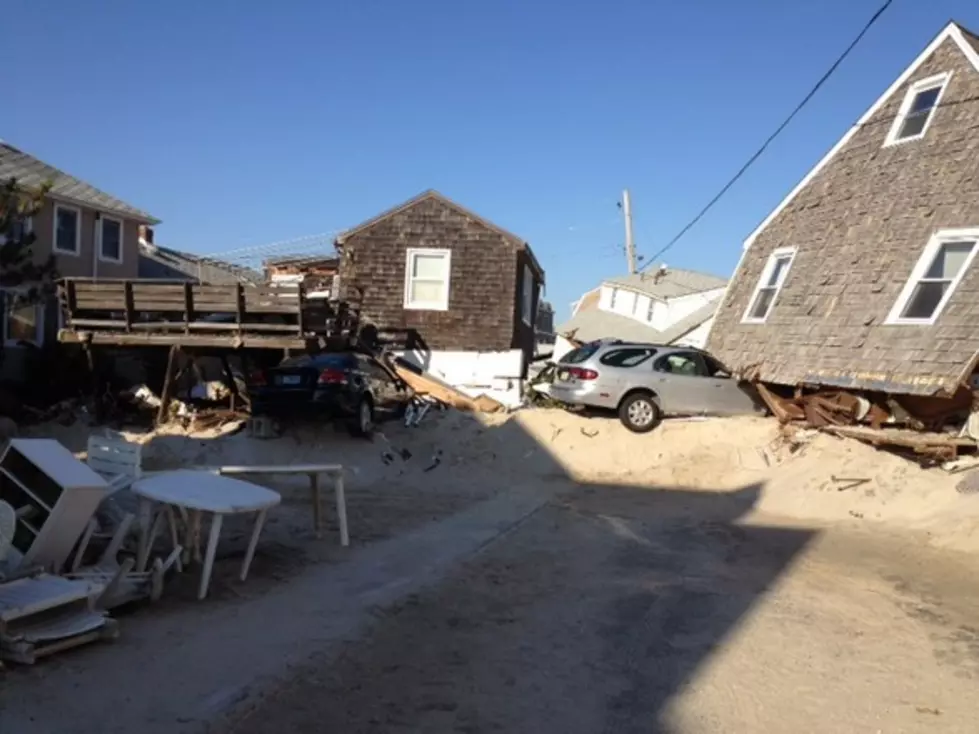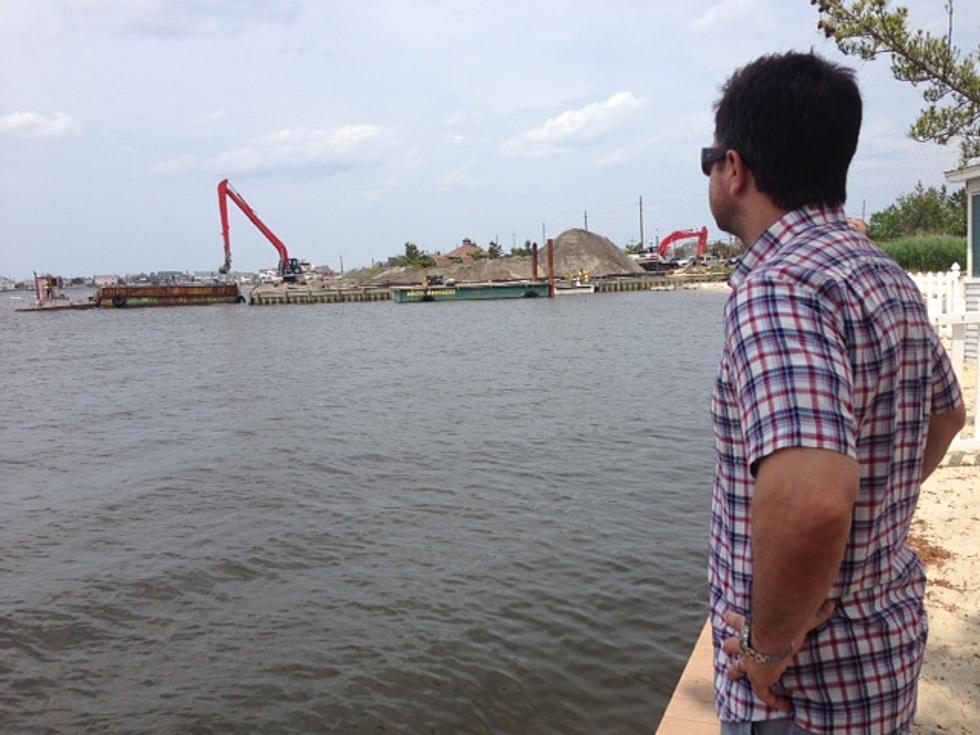
Are you ready for a serious storm? What you need to know now
The National Hurricane Center predicts this will be the most active Atlantic hurricane season since 2012, and several storm systems are brewing in the Caribbean right now.
Still, a new survey finds the vast majority of New Jersey residents are not prepared to deal with a severe storm should it head up the coast into the Garden State.
“We found that only 20 percent of New Jerseyans have emergency supplies on hand and have a family plan for severe weather, which means 80 percent of New Jerseyans are not prepared, which is a little bit alarming, considering the storms we have had in recent years,” said Tracy Noble, a AAA Mid-Atlantic spokesperson.
Five years ago, Hurricane Irene slammed New Jersey, and almost four years ago Superstorm Sandy devastated many areas along the coast, causing billions of dollars in damage.
Noble pointed out “a lot of people always assume they will have time to come up with a plan, and with severe weather alerts that’s not always the case. When we are faced with storms that happen quickly sometimes, everybody has that mindset, 'Oh it’s not really going to be that bad or it’s not going to hit us' — and then it does.”
She stressed family communication plans are particularly important, “where everyone knows who is going to call who, how to get in contact with each other and if there’s a meeting place where people can go if the home is no longer safe.”
Noble added the survey also found almost half of all drivers in New Jersey, 45 percent, report driving through flooded roads.
“If there’s flooding on the road, turn around,” she said. “You never know how deep the water is, and what people don’t realize is a couple of inches of water can cause your vehicle to hydroplane, and also can cause your vehicle to get sucked into possibly deeper water. That’s very dangerous. Turning around might take you out of your way, but it is worth it to go out of your way.”
The survey also found 58 percent of state residents have emergency supplies on hand, and 17 percent of New Jersey residents wait until 24 hours before the storm to prepare.
“That leaves a good portion of the population without a plan and without supplies,” Noble said. “People sometimes think they are invincible and bad things are not going to happen to them, so they don’t prepare and then unfortunately can be caught off-guard. Now is the time to prepare.”
The poll was conducted by Public Policy Polling between August 19 and August 21, 2016.
The AAA offered the following severe storm tips:
• Make a plan: Develop a family emergency Plan to include ways to contact each other, alternative meeting locations, and an out-of-town contact person. Identify a safe room or safest areas in your home. Research your evacuation route. Be sure and include plans for your pets.
• Secure your home: Inspect your home for minor repairs needed to the roof, windows, down spouts, etc. Trim trees or bushes that could cause damage to your home in case of high winds.
• Take inventory: Update your home inventory by walking through your home with a video camera or smart phone. Keep a record of large purchases including the cost of the item, date purchased and model and serial numbers as available.
• Stock emergency supplies: Plan for a week's worth of non-perishable food and water. Be sure to have flashlights, extra batteries, battery-powered radio, medications, first aid kit, blankets, toiletries, diapers, etc. You may also want to prepare a portable kit and keep it in your car should you evacuate.
• Check your vehicle: Make sure your vehicle has a full tank of gas, properly inflated tires and ensure your wiper blades are not leaving streaks. Have your vehicle inspected by a certified mechanic to determine if the brakes, fluid levels, air conditioning and belts are in good working condition.
• Protect your property: Review your homeowner’s insurance with your insurance agent to determine if you have adequate protection. Discuss your deductibles. Be aware that flood insurance in not typically covered under your homeowner’s policy. Flooding to your automobile is available under the physical damage coverage.
More from New Jersey 101.5:
More From New Jersey 101.5 FM









